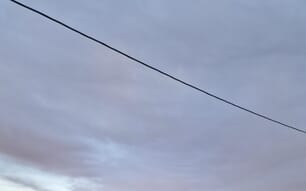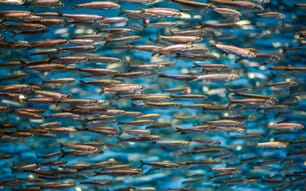These TACs were the first to be set in accordance with the long-term management plan for the Baltic basin that had recently been adopted by the Council and the European Parliament.
The agreement includes an increase in catches for herring (except in the Gulf of Riga), plaice, and salmon (except in the Gulf of Finland) in line with the Commission proposal. Ministers also decided for a smaller increase for sprat and for no increase for salmon in the main basin. These increases were made possible by the industry's efforts of previous years.
Moreover the following reductions were also agreed on: -25 per cent for Eastern cod, -56 per cent for Western cod, -11 per cent for herring in the Gulf of Riga and -20 per cent for salmon in the Gulf of Finland.
The cod stocks, and especially the Western stock, are deteriorating fast. To let them recover as quickly as possible, the Commission had proposed to reduce the current quota by 88 per cent.
However, as Member States agreed to complement quota reductions for Western cod by a comprehensive set of other conservation measures, such as the extension of the fisheries closure period from 6 to 8 weeks and limitations to daily catches by recreational anglers during the closure, the Commission is satisfied that the reductions agreed are consistent with both scientific advice and the multiannual management plan for the Baltic Sea.
Commissioner for Maritime Affairs and Fisheries Karmenu Vella is happy with the result: "Science, sustainability and socio-economic considerations have been our guiding principles. The protection of this emblematic species is important – but the livelihoods of our fishermen are also close to my heart, and I could not leave them to deal with such significant quota cuts on their own."
Indeed the European Maritime and Fisheries Fund is available to national authorities to support the industry, and particularly artisanal fishermen, during this challenging but hopefully short period.
Despite the cuts, environmental organisations have argued that the cuts, specifically for cod stocks, does not go far enough.
The 56 per cent reduction of the current quota for Western Baltic cod is significantly less than the 93 per cent reduction recommended by scientists at ICES, said ClientEarth.




